
History is full of moments that could have gone differently—where one mistake or misstep changed everything. Some decisions shaped the world for better or worse, leaving lasting impacts on nations and individuals. Curious about how these events unfolded? Keep reading to discover the human errors that led to some of history’s most dramatic consequences.
Cuban Missile Crisis Almost Turned Into A Nuclear War

In 1962, the world came to the brink of nuclear war during the Cuban Missile Crisis. The United States discovered Soviet nuclear missiles stationed in Cuba, just 90 miles from its coast. A tense 13-day standoff followed, with both superpowers teetering on the edge of all-out conflict.
Gunpowder Disaster Destroys Beijing

The Wanggongchang Armory explosion in 1626 devastated China’s capital. Poor storage of gunpowder led to a blast that flattened two square kilometers, killing an estimated tens of thousands of people. Debris rained across the city, wiping out entire neighborhoods. The catastrophe exposed deadly negligence and left a lasting impact on Beijing’s history.
Translation Error Sparks Nuclear Conflict

In 1945, Japan’s response to surrender demands included the word “mokusatsu.” Allied forces interpreted it as defiance and dropped two atomic bombs. Some historians argue Japan meant to withhold comment, hoping for Soviet mediation. Whether a misunderstanding or a true rejection, the decision changed the course of history forever.
False Intelligence Leads To Iraq Invasion

The 2003 US invasion of Iraq was built on claims of weapons of mass destruction—claims that turned out to be false. The war killed an estimated 300,000 Iraqis, destabilized the region, and gave rise to ISIS. The cost to the US? Between $1 and $2 trillion. Iraq is still recovering decades later.
Moctezuma II Mistakes Spanish Governer For God And Loses Empire
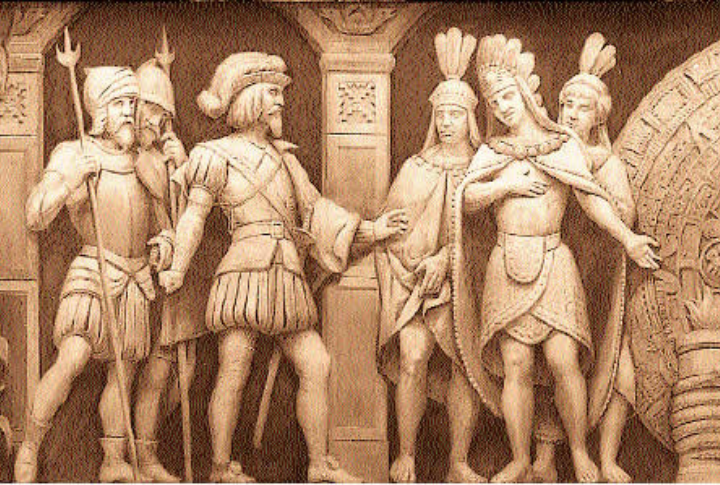
The Aztec emperor believed Hernan Cortes might be a god and showered him with gifts in 1519. Instead of securing peace, this emboldened the Spanish to exploit internal divisions and spread disease. By 1521, the mighty Aztec Empire had collapsed, overwhelmed by a combination of war, betrayal, and smallpox.
Insulting Genghis Khan Leads To A Brutal Reckoning
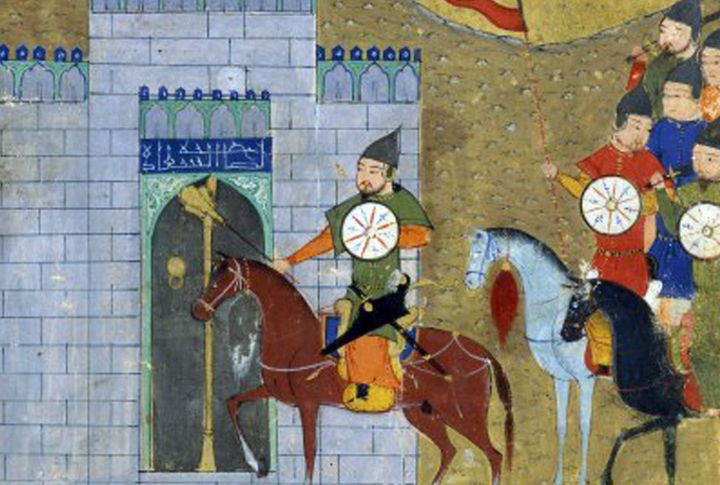
In 1218, a Khwarezmian ruler insulted Genghis Khan by executing Mongol envoys. The response was merciless. The Mongols launched a scorched-earth invasion, slaughtering entire cities and wiping the Khwarezmian Empire off the map by 1221. The bloodshed was so extreme that some historians estimate millions died in the aftermath.
A Wrong Turn Triggers World War
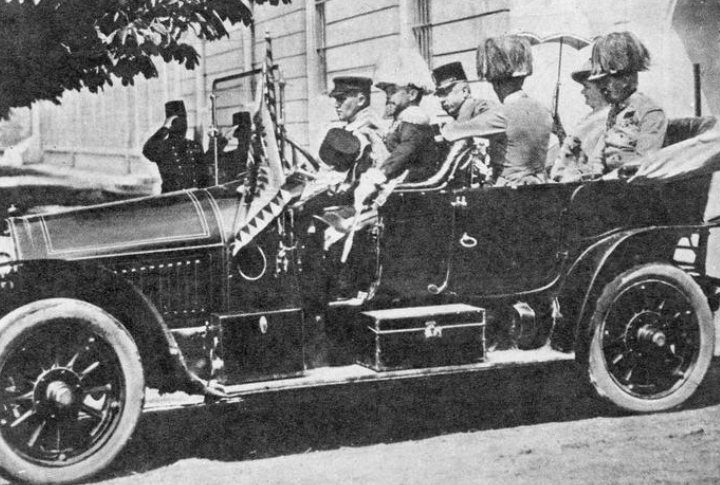
Archduke Franz Ferdinand’s assassination sparked WWI, though the event was just a coincidence. His driver mistakenly turned down a street where assassin Gavrilo Princip happened to be standing. Stuck in a stalled car, the archduke was an easy target.
Stalin’s Policies Starve Millions In Ukraine
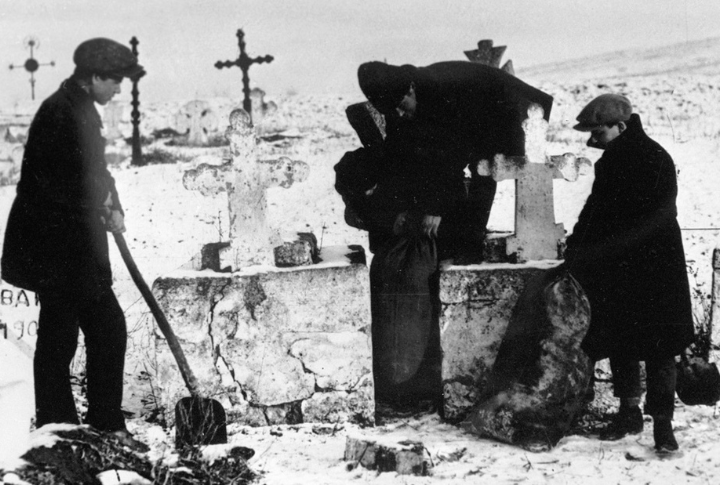
During the 1932 to 1933 Holodomor, Joseph Stalin’s forced collectivization and grain seizures turned an existing food shortage into mass starvation. Up to 5 million Ukrainians perished while the Soviet Union continued exporting grain. Entire villages vanished, and the famine left lasting scars on Ukraine’s identity and history.
Hitler’s Invasion of Russia Ends In Disaster
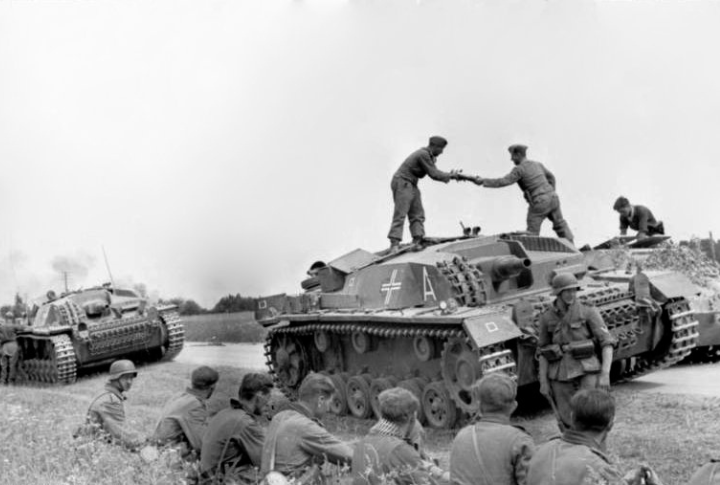
Hitler ignored history when he launched Operation Barbarossa in 1941. Like Napoleon before him, he underestimated Russia’s brutal winters. Nazi troops suffered immense casualties as supply lines collapsed. The failed invasion turned the tide of World War II, forcing Germany into a slow, crushing defeat on the Eastern Front.
Mao’s Great Leap Forward Leads To Catastrophic Famine
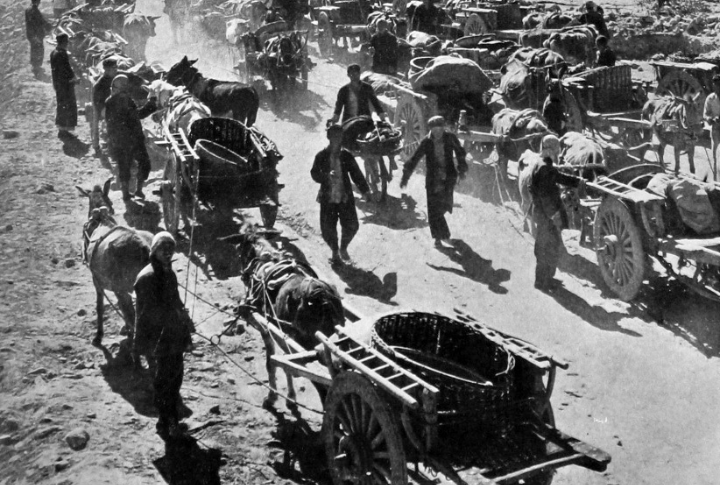
Mao Zedong’s plan to industrialize China in 1958 led to one of the worst famines in history. Unrealistic agricultural policies and forced collectivization killed at least 15 million, with some estimates reaching 45 million. The disaster set China back for decades, exposing the deadly cost of reckless economic experiments.

